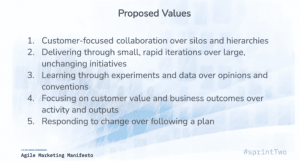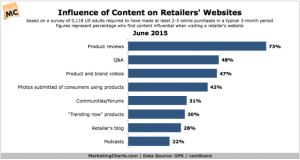
SEO may be a science – applied according to mathematical models and statistics – but there are still plenty of grey areas in between. The concept of ‘Correlation Vs Causation’ is one such area. In our quest to improve SEO and spot trends within Google’s ranking algorithm, it can be easy to confuse the two, but what is the difference and how can we avoid making this common mistake?
Correlation measures the relationship between two or more variables. When analysing the common features (or variables) of top ranking sites, we can determine whether or not a correlation exists. This information provides an insight which can be exploited by marketers for SEO purposes.
For example, Facebook shares may be common amongst high ranking sites which would show a positive correlation. Another variable found within successful sites may be their extensive catalogue of inbound links. Whatever the correlation may be, it’s important to not get carried away with these ‘insightful’ findings.
Correlation doesn’t necessarily point toward causation. In other words, although high ranking pages may have a common feature not found in low ranking pages, it doesn’t make this feature the cause of its success.
Each individual webpage can vary and there are countless factors which contribute to its ranking. These may include, a collection of backlinks, a variety of engaging content, optimised title tags and so on. With so many factors to consider, it can be impossible to assess which have the most impact or which were the cause.
With this in mind, it’s important to distinguish between Correlation and Causation when judging the success of our SEO campaigns.
If there is an increase in rankings, it can be easy to assume that our SEO efforts are paying off. Similarly, when rankings slip, we can be quick to jump to conclusions and blame potential penalties that could have impacted performance.
Although difficult to accept, there are many factors out of our control which can impact a website’s rankings. Search engine algorithms are constantly evolving which means each website is evaluated against a whole new set of standards. What may have increased your rankings last year, may not have the same result today.
Other factors can include the devaluation of certain link types (especially spam links) as well as competitor activity. If rival websites employ black-hat techniques, they’ll likely be penalised which should increase your websites ranking as a result.
For this reason, SEO will always be considered correlative instead of causative. It’s impossible to say with certainty that one or even several tactics offer the opportunity for higher rankings.
Of course, these measures should always be considered and in most cases implemented but they won’t guarantee success. Be sure to consider all the possible variables and their relationship to higher rankings and you should be able to tailor SEO strategies based on those that provide the best results. But try to avoid confusing the two and making generalisations. Instead, be sure to analyse your performance metrics against the competition and adapt your strategy to suit.
Digital & Social Articles on Business 2 Community(35)
Report Post






